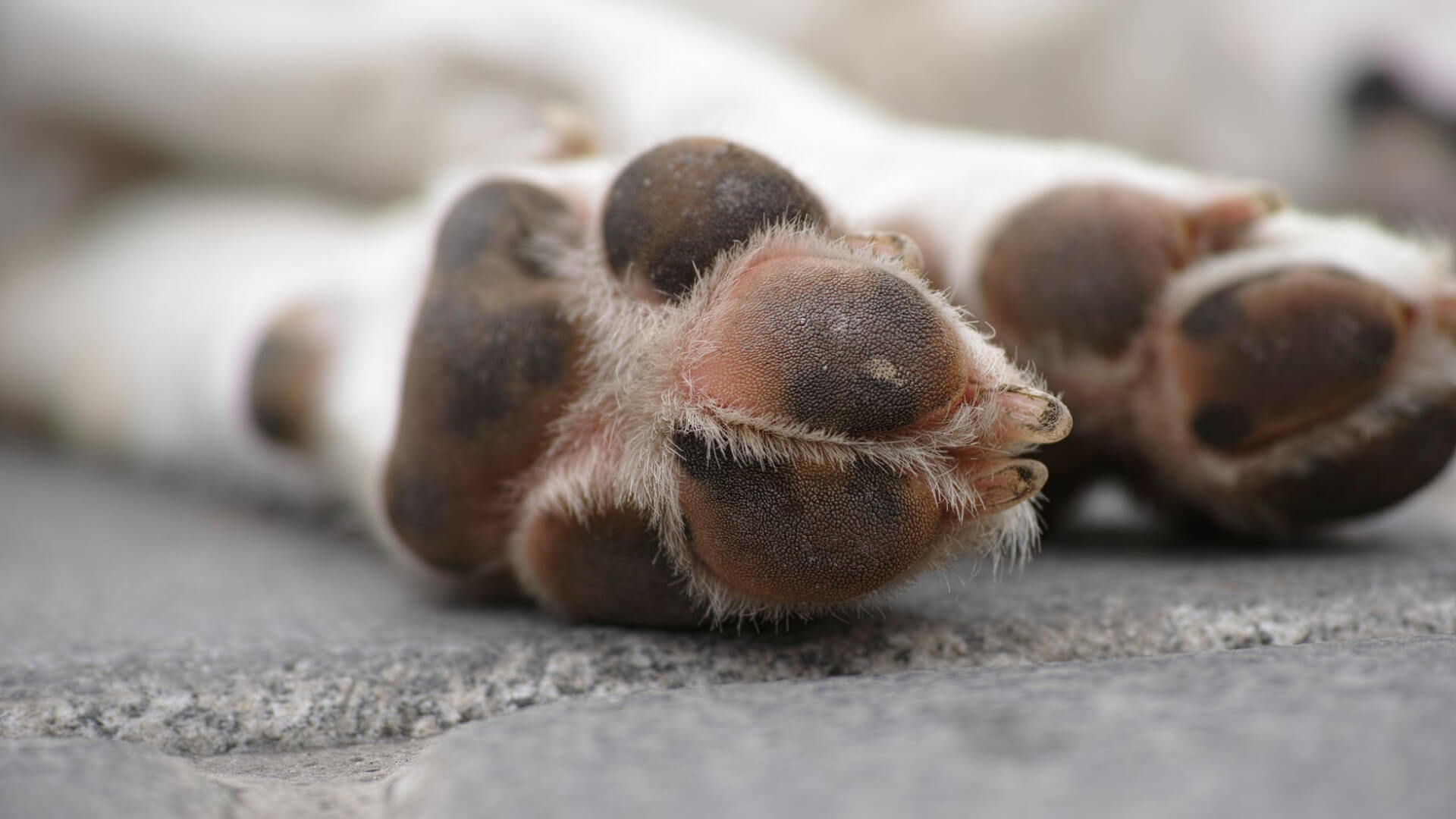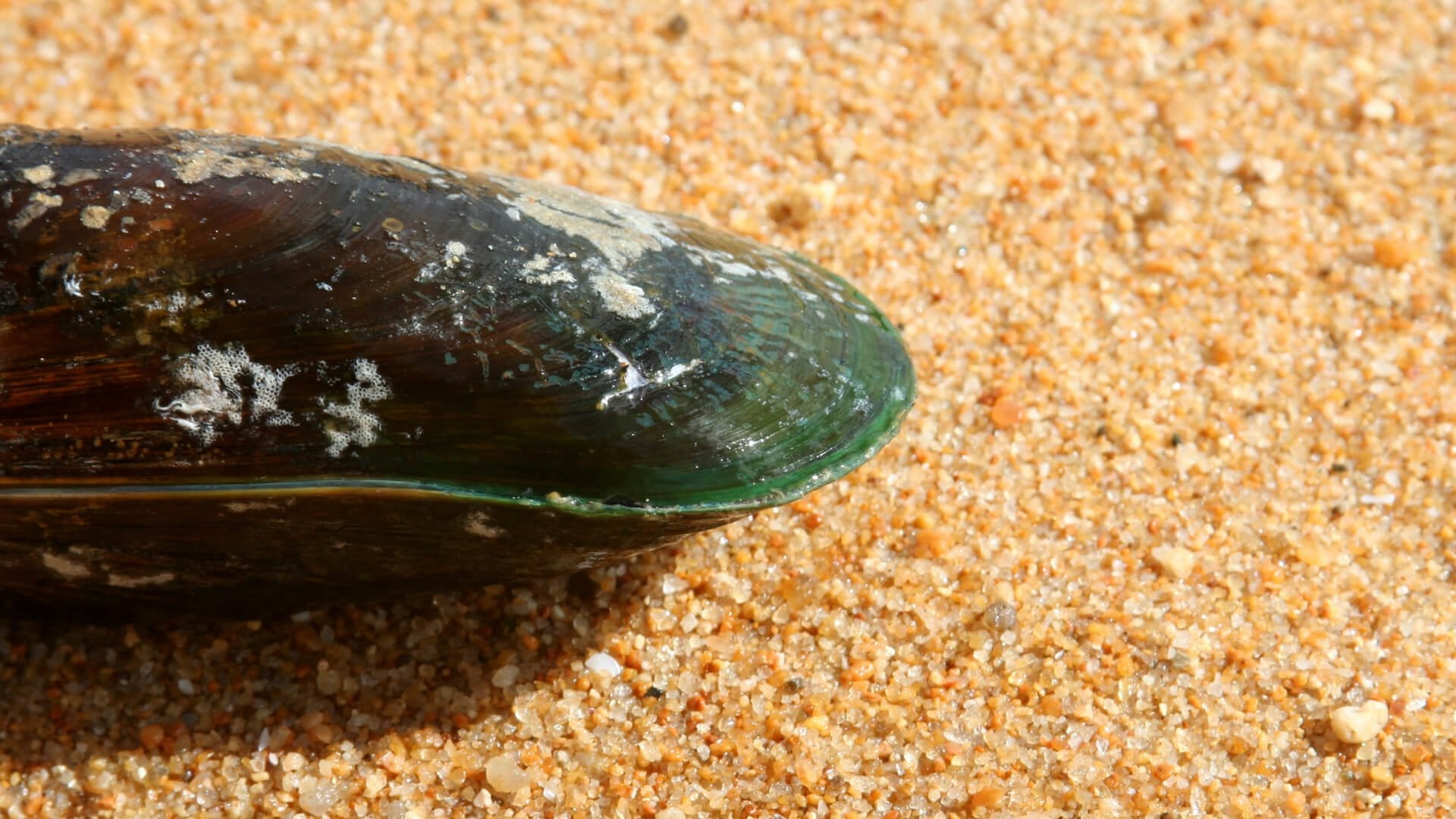As pet parents we take on the personal responsibility of ensuring our pets are as comfortable as possible. Few people realise that our dogs are just as susceptible to anxiety as we are, but their anxiety symptoms are often unrecognised or misdiagnosed. Anxiety can have a huge impact on our dog’s wellbeing, causing real psychological stress and can potentially even result in physiological responses as a consequence.
Some of the most common dog anxiety problems are:
- Noise anxiety – A dog becomes fearful when exposed to loud or unusual noises like thunderstorms or fireworks night. The noise level of some fireworks is similar in decibels to that of a jet engine (over 150 decibels).
- Separation anxiety – A dog gets anxious when left alone. In these situations, some pets tend to be extremely destructive while their owners are away. They may also bark and defecate or urinate in the house. Chewing up furniture, walls, shoes, rubbish, and anything else in sight. Some dogs will react in the opposite way, they stop eating and act depressed.
- Situational anxiety - A change in routine, new location, unfamiliar smells or sounds, a new family member, or change in family circumstances can all cause your dog to have a lot of stress and anxiety.
Expanding on noise anxiety - the frequency range that dogs can hear is between 40 to 60,000 Hz, contrary to us humans who can only hear around 20 to 20,000 Hz. We can move our ears slightly, but dogs have 18 different muscles that allow super precise hearing. They have the ability to raise, lower, rotate or even tilt them. Their large range of movement plus their sensitive range enables them to accurately locate and focus in on the direct location of the sound, thus explaining their heightened sensitivity to loud noises. It is no surprise therefore, that every year on Bonfire night in the UK, missing pet calls increase by 40 percent.
The animal poison line also receives multiple calls every year in relation to fireworks, glowsticks and sparklers. The temperate of a burning sparkler is similar to a welding torch. Please be extra cautious of burns to the skin or the mouth if they try to chew them.
There are several ways to approach anxiety and consulting your vet is always important when determining the best option for your dog. Toys, training, exercise, massage and herbal supplements can all help.
A herbal supplement like AniForte Calm & Relax will naturally soothe and calm your pet in times of stress and anxiety, and support in situations like those mentioned above. Calm & Relax supports in cases of nervousness and stress, as well as general susceptibility to fright. It is especially helpful in cases of acute and chronic anxiety. It contains 100% natural herb blend including valerian root, hop leaves and passionflower - using only nature to calm your buddy.
Additionally or independent to using a supplement such as AniForte Calm & Relax, here are some things you can do to help your pet during fireworks:
- Have the TV or music on as a distraction.
- Create a cosy hiding place, use a crate, build a tent or even create a den, somewhere in the home where they will feel secure and in control.
- Try to walk them during daylight hours to avoid fireworks.
- Keep pets safely inside at night, locking any pet flaps.
- To muffle the noise level clothes curtains and windows.
- Make sure your pet is microchipped, incidence of lost animals is at its highest the morning after the 5th, this increases the likelihood of your loved one being found.
- There has been some evidence that putting your dog in an 'anxiety wrap' is beneficial. Maybe try to create your own version, or even a blanket - have a look on Google (of course only if it helps make your dog more comfortable).



